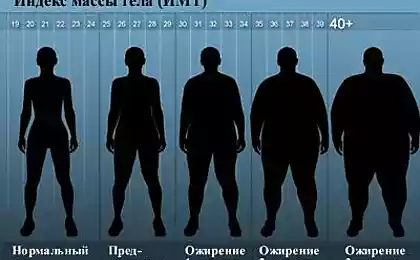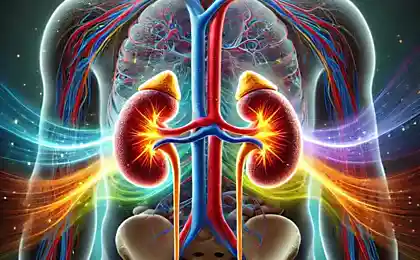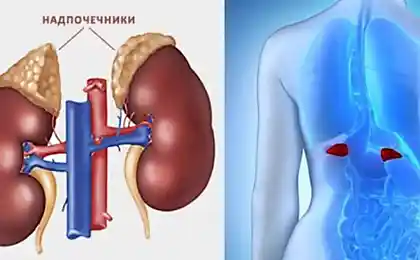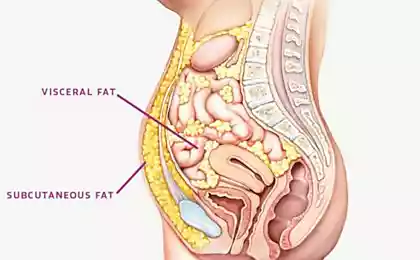328
Stress biochemistry: why nervous tension “settles” at the waist
How Chronic Stress Programs Your Body to Gain Weight: Belly Neuroscience

A Yale University study revealed the shocking fact that chronic stress increases visceral fat by 17% even at a normal BMI. It’s not about laziness or weak will – it’s a complex biochemical scenario where the brain and body become allies in accumulating an “energy reserve.”
1 hour of severe stress = enough cortisol to suppress lipolysis for 48 hours
1. Hormonal sabotage: cortisol vs insulin
When stressed, the adrenal glands produce cortisol, which:
- Increases blood glucose by 36% (Journal of Clinical Endocrinology)
- Blocks the breakdown of fat in the hips and buttocks
- Activates the accumulation of visceral fat (the protective mechanism of the ancient brain)
2. The Neurochemistry of Hunger: Why Stress Makes You Overeat
Stress stimulates the production of the neuropeptide Y, which:
- Increases cravings for fatty and sweet foods by 300%
- Slows down the feeling of satiety
- Increases the absorption of calories from food

3. Mitochondrial rebellion: how stress inhibits metabolism
Long-term stress reduces the effectiveness of mitochondria by 22% (Cell Metabolism). Result:
- Burned by 400 kcal/day less
- Increasing production of reactive oxygen species
- The breakdown of fatty acids is disturbed
4. The traitor gut: the role of the microbiome
Stress changes the composition of the intestinal microflora, increasing the amount of:
- Firmicutes (bacteria that extract more calories from food)
- Proteobacteria (causing inflammation)
- Reduce the level of beneficial Bifidobacterium
After 2 weeks of stress, the microbiome begins to produce 18% more endotoxins that cause inflammation.
5. Nightmare: How stress disrupts sleep
The cycle of “stress → insomnia → excess weight” is confirmed by the National Sleep Foundation:
- Sleep deprivation 4 hours/night → ghrelin (hunger hormone) +28%
- Deep sleep less than 15% → leptin (satisfaction hormone) –18%
- Every hour of lack of sleep = +329 kcal / day

Reset strategies: 4 steps to a flat stomach
1. Cortisol detox
Technique "5-3-1": 5 minutes of breathing (4 seconds of inhalation - 7 seconds delay - 8 seconds of exhalation) → 3 minutes of stretching → 1 minute of cold shower.
2. Adrenal nutrition
- Vitamin C (250 mg/day) reduces cortisol by 22 percent
- Omega-3s (2 g/day reduces inflammation)
- Adaptogens: Rhodiola, Ashwagandha
3. Anti-stress training
HIIT 2 times / week + yoga (the combination reduces cortisol more effectively by 37% than cardio).
4. Neurobiohacking of sleep
- Bedroom temperature: 18.3°C
- Red light after 20:00
- Magnesium bath 1 hour before bedtime
Glossary
visceral fat metabolically active adipose tissue around internal organs.
gluconeogenesis The process of producing glucose from non-carbohydrate compounds.
Neuropeptide Y A neurotransmitter that regulates energy metabolism and appetite.
Axis HPA Hypothalamic-pituitary-adrenal system that controls the response to stress.
7 Worrying Bells: Why Your Salary Is No Longer Suitable
How to Move From Grief to Acceptance: The Science of Internal Transformation























